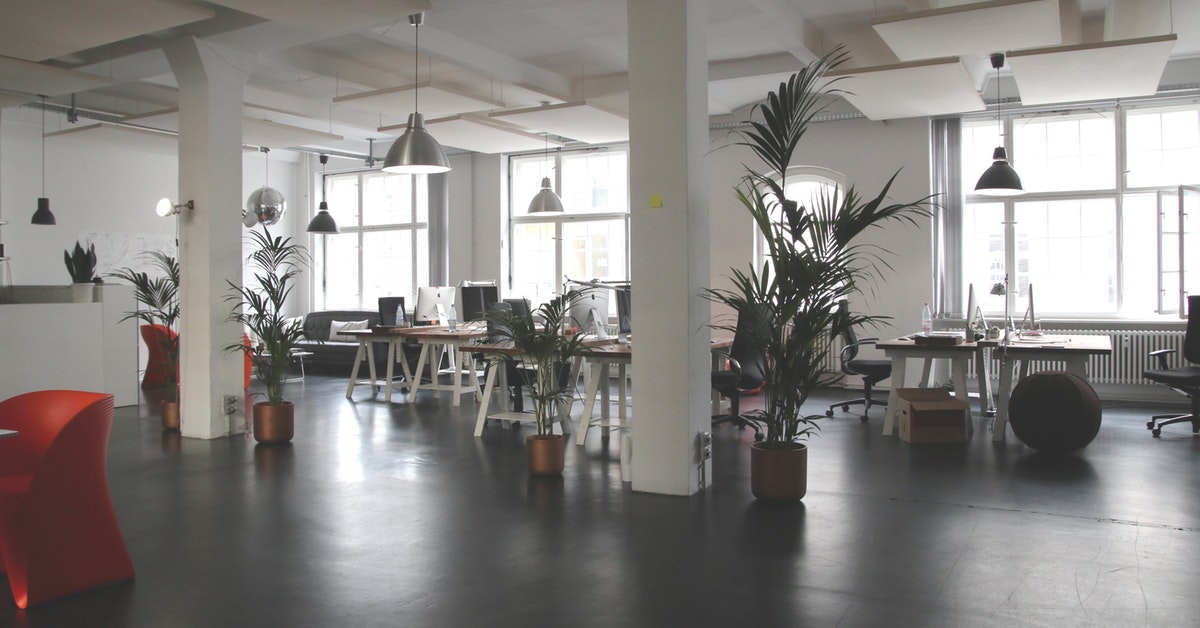Moving into a commercial space can be an exciting time for young entrepreneurs. Many of them start small, usually with offices comprising of a table and a few laptops. If you see your business expanding and want to take it to its next level of growth, then you too would have to move out to a bigger space. The extra room you get can be used to house new employees and placing more equipment. You can also devote specific areas to conduct meetings, hold conferences and carry out product demonstrations.
How Much Office Space Should You Lease?
When considering the space you should lease, add up the total space you currently occupy with the extra space you could expect to grow to by the end of the year. The extra requirement of space will depend on how many more employees you might need to hire, and the necessary furnishings and office equipment you will need for them.
Also think about the overall layout and the designing you would want, and consider any additional space you might still need for meeting room or reception area.

Selecting Office Space For Your Startup
Where Should You Locate Your Office?
The location is extremely important. If you want to attract wealthier clients then locating in an upscale urban neighborhood would be wise. But at the same time, such locations would come at a cost in terms of higher rent and lease. There are several other considerations that you need to take into account. Following are some of the most critical ones:
Parking
You should consider the parking needs of both your customers and your employees. You need to answer questions such as: Is there enough space to cater your business and other firms located in the building/area? Is parking free or is it metered? Are handicapped parking spaces available?
Public Transportation
If there is limited parking space in the area around your business, then it would be a wise decision to consider a place which is well-connected via public transport options. Easy access to transport facilities is also one of the undervalued factors that attract new employees to a startup and small firms.
Utilities
You should know the cost of utilities in the area you are considering. Ask around for the typical cost of heating, lighting, electricity within the same building. You can get this information from the landlord or other businesses operating there.
Renovation
If you like a place and it fulfills satisfies the aforementioned criteria but needs remodeling to suit your specific needs, make sure that you get written permission from the landlord regarding the changes. The renovation work could include building partitions for cubicles, removing walls, clearing space for reception area and meeting room.
Bring functionality into your design
Finally, if you have figured all your other needs, you still need to make sure that the smaller elements of your office combine to deliver the results that you would want. Consider the following to bring functionality:
- Have little to no distracting noise
- Heating, lighting and air conditioning should be appropriate
- Pathways for employees to move around should be constructed
- People working in similar units should be grouped together












